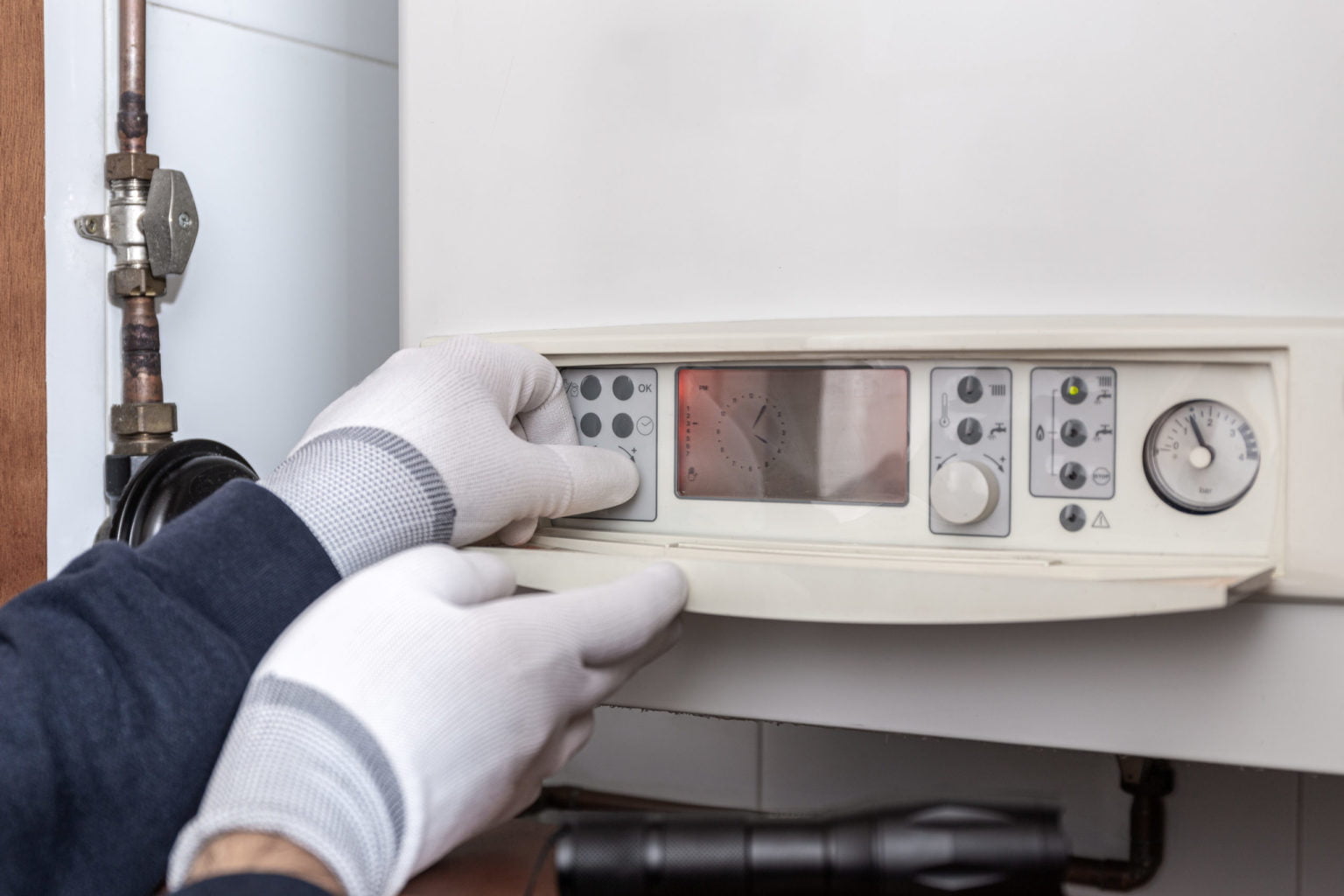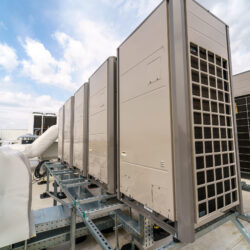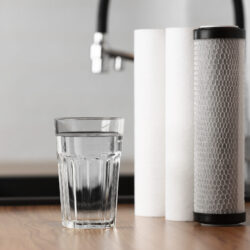It’s no secret that heating and air conditioning are essential in any home. Your HVAC equipment is responsible for keeping your home at a comfortable temperature year-round. In places where there are big seasonal changes, HVAC is critical for regulating indoor temperatures.
However, the type of HVAC system you have in your home can make a big difference when it comes to things like comfort and energy usage. One system that has been gaining popularity is a heat pump. A heat pump is a packaged system that provides both heating and cooling year-round. Installing one of these systems eliminates the need for separate equipment and can help keep your energy costs low. But many people wonder if heat pump systems can actually cool a space as well. Let’s take a closer look at air conditioning heat pumps.
How does a heat pump work?
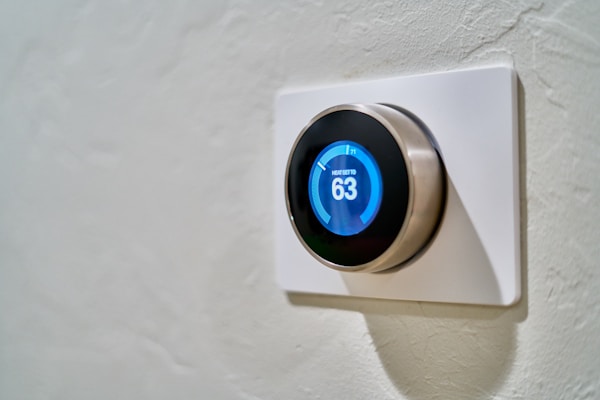
A heat pump is a machine that uses electricity to move thermal energy from one place to another. Heat pumps are used for many purposes, including heating buildings, cooling buildings, and water heating. Because they rely on electricity and thermal energy for both heating and cooling, heat pumps are typically more energy-efficient and can help to save money on energy bills.
To understand how a heat pump works with air conditioning, however, it is important to understand how a heat pump works in general. A basic heat pump consists of four main components: an evaporator, a compressor, a condenser, and an expansion valve.
These components work together with the refrigerant to absorb thermal energy. In the winter, the heat pump draws warm air from the environment and pulls it into a home to heat the space. In the summer, however, the process is reversed, and the heat pump pulls hot air from the building to help cool the space.
What does the compressor do?
The compressor on a heat pump is one of the most important components of the system. When the liquid refrigerant enters the compressor, it is compressed into a hot gas. It is then pushed through the system. This gas is used to heat or cool your home. The compressor is also responsible for the noise you hear coming from your heat pump. If it is not working properly, it can cause the system to malfunction and result in a decrease in your home’s comfort level.
What is the condenser?
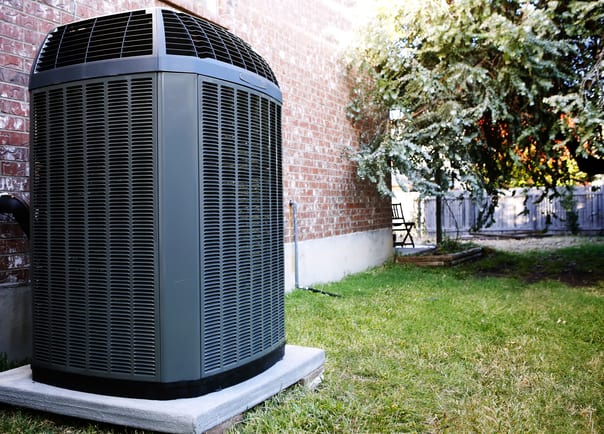
The condenser on the unit is a component that helps to transfer heat from the refrigerant to the air that is being circulated by the heat pump. It is typically a metal coil that is filled with water, and it helps to cool the refrigerant as it passes through it. This, in turn, helps to circulate the cooled air through the home.
What is the evaporator?
The evaporator on a heat pump is the component that absorbs heat from the surrounding environment and uses it to vaporize liquid refrigerant. This vaporized refrigerant is then circulated through the compressor, where it is compressed and heated, causing it to turn back into a liquid. The liquid refrigerant is then routed back to the evaporator, where it begins the cycle again. The evaporator is an essential part of any heat pump system and plays a key role in transferring climate-controlled air from the surrounding environment.
What does the expansion valve do?
The expansion valve on a heat pump is a critical component that helps the system to function properly. The valve helps to regulate the flow of refrigerant into the evaporator, which helps to keep the system running efficiently. If the expansion valve is not working properly, it can cause the system to freeze up or operate inefficiently.
Contrary to the name, a heat pump can provide both heating and cooling. Using several components, heat pumps can transfer heat to your home in the winter and provide cool air in the summer. While there are many benefits to these systems, you need to research to determine if it is right for your home. If you are considering a heat pump for your home, you can consult with a qualified HVAC professional to help you pick the best equipment for your needs.

